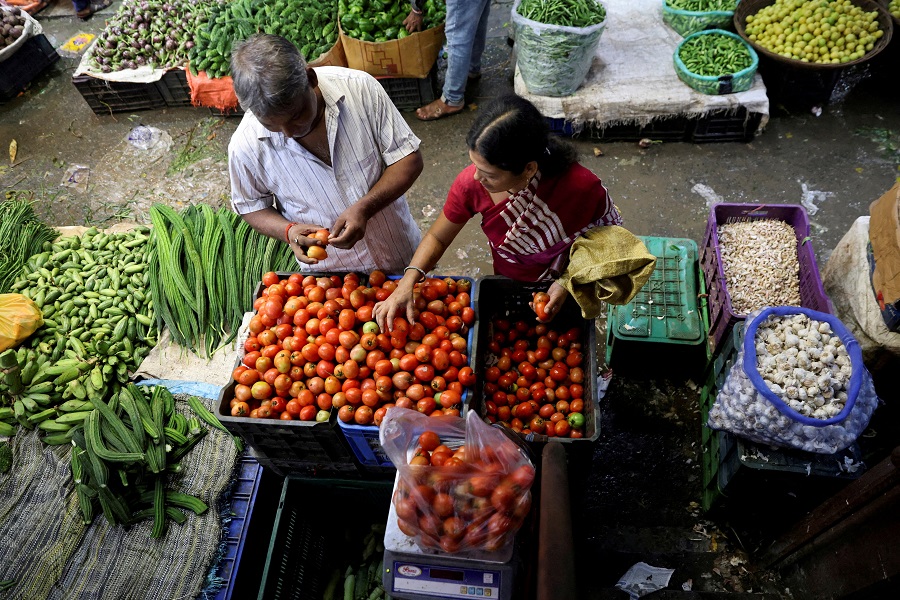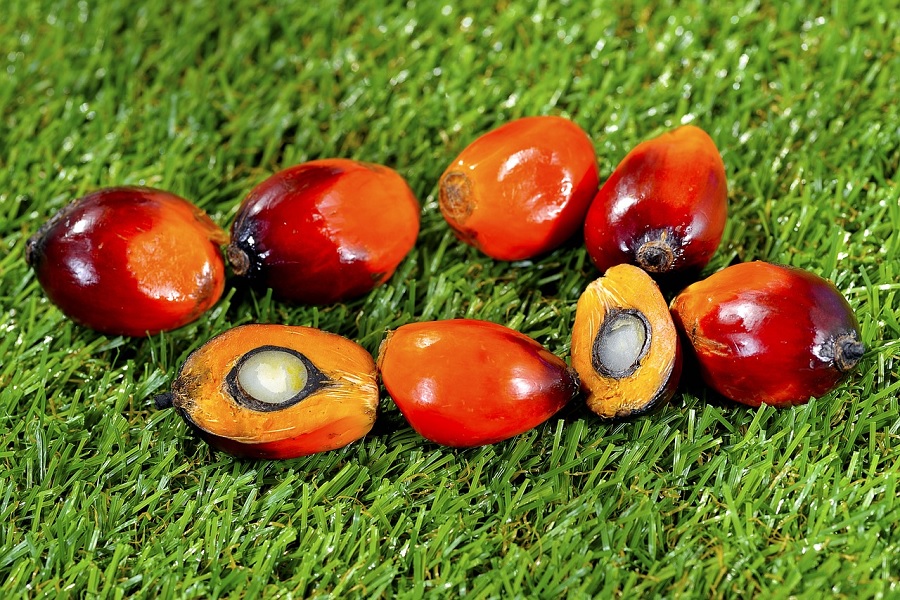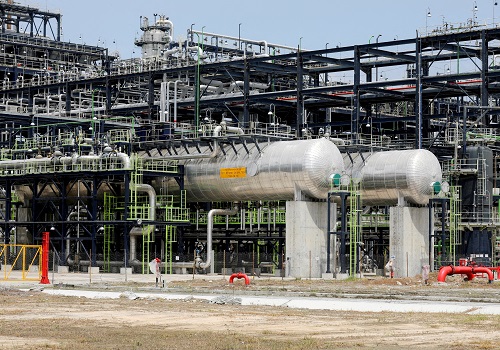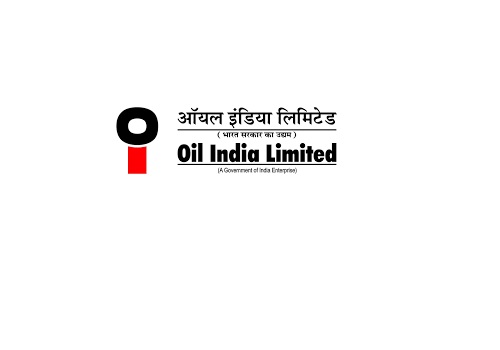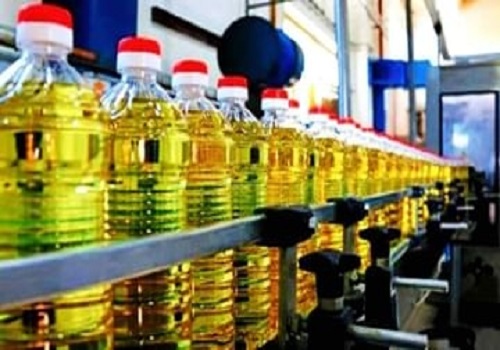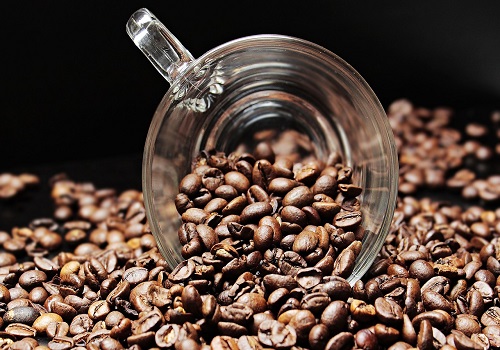India's Edible Oil Imports Drop Amidst Shifting Trends: A 2023-24 Overview by Amit Gupta, Kedia Advisory

Follow us Now on Telegram ! Get daily 10 - 12 important updates on Business, Finance and Investment. Join our Telegram Channel
India's edible oil imports fell by 2.62% in the first eight months of the oil year 2023-24, with notable declines in palm and soybean oil imports. June 2024 saw a 16.46% rise in imports compared to June 2023. Sunflower oil imports increased significantly, while Indonesia and Malaysia remained major suppliers of palm oil.
Highlights
Overall Edible Oil Imports Decline: India’s edible oil imports dropped by 2.62% in the first eight months of the oil year 2023-24, with 10.09 million tonnes imported compared to 10.36 million tonnes in the same period of the previous year.
June 2024 Import Increase: Despite the overall decline, India saw a significant rise in edible oil imports in June 2024, with 1.52 million tonnes imported, marking a 16.46% increase from June 2023.
Palm Oil and Soybean Oil Imports Decrease: The import of palm oil and soybean oil both saw declines during the first eight months of 2023-24, with palm oil imports dropping to 5.7 million tonnes from 6.03 million tonnes and soybean oil imports decreasing to 1.86 million tonnes from 2.48 million tonnes.
Sunflower Oil Imports Rise: In contrast to palm and soybean oils, sunflower oil imports increased significantly, reaching 2.46 million tonnes during November-June 2023-24, up from 1.85 million tonnes in the same period of the previous year.
Share of Palm Oil in Total Imports: The share of palm oil in India's total edible oil imports slightly decreased to 57% during the first eight months of 2023-24, compared to 58% in the same period last year, while the share of soft oils increased to 43% from 42%.
Key Exporters of Palm Oil: Indonesia and Malaysia remained the primary suppliers of RBD palmolein and crude palm oil to India, with Indonesia exporting 1.99 million tonnes of crude palm oil and 1.17 million tonnes of RBD palmolein, and Malaysia exporting 1.77 million tonnes of crude palm oil and 0.2 million tonnes of RBD palmolein.
Soybean Oil Suppliers: Argentina was the largest supplier of crude soybean de-gummed oil to India, exporting 1.05 million tonnes, followed by Brazil with 0.62 million tonnes during the first eight months of 2023-24.
Sunflower Oil Suppliers: Russia led the sunflower oil exports to India with 1.17 million tonnes, followed by Romania at 0.6 million tonnes, Ukraine at 0.35 million tonnes, and Argentina at 0.24 million tonnes during the same period.
SEA’s Budget Expectations: BV Mehta, Executive Director of SEA, expressed confidence that the upcoming Budget would prioritize agriculture and support the National Mission on Edible Oils to enhance oilseed production and reduce import dependence.
Proposed Duty Changes: SEA's pre-Budget memorandum suggests increasing the duty difference between crude and refined oils from 7.5% to 15%, raising the duty on crude edible oils from 5% to 20%, and gradually increasing the duty on refined oil to 35% to support domestic farmers and boost oilseed production.
Conclusion
India's edible oil import trends highlight a dynamic market with overall imports declining but specific oils like sunflower oil showing substantial growth. The SEA's call for policy adjustments, including higher import duties on crude and refined oils, aims to bolster domestic oilseed production and reduce dependency on imports. These measures, if implemented, could strengthen India's agricultural sector and enhance self-sufficiency in edible oils over the next decade. Balancing import needs with domestic production is crucial for sustainable growth in the edible oil industry.
Above views are of the author and not of the website kindly read disclaimer

